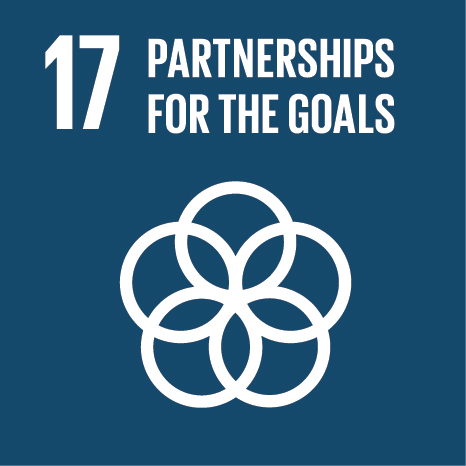Ciência_Iscte
Publications
Publication Detailed Description
Molecular evolution and population genetics of a Gram-negative binding protein gene in the malaria vector Anopheles gambiae (sensu lato)
Journal Title
Parasites & Vectors
Year (definitive publication)
2016
Language
English
Country
--
More Information
Web of Science®
Scopus
Google Scholar
This publication is not indexed in Overton
Abstract
Background
Clarifying the role of the innate immune system of the malaria vector Anopheles gambiae is a potential way to block the development of the Plasmodium parasites. Pathogen recognition is the first step of innate immune response, where pattern recognition proteins like GNBPs play a central role.
Results
We analysed 70 sequences of the protein coding gene GNBPB2 from two species, Anopheles gambiae (s.s.) and An. coluzzii, collected in six African countries. We detected 135 segregating sites defining 63 distinct haplotypes and 30 proteins. Mean nucleotide diversity (?) was 0.014 for both species. We found no significant genetic differentiation between species, but a significant positive correlation between genetic differentiation and geographical distance among populations.
Conclusions
Species status seems to contribute less for the molecular differentiation in GNBPB2 than geographical region in the African continent (West and East). Purifying selection was found to be the most common form of selection, as in many other immunity-related genes. Diversifying selection may be also operating in the GNBPB2 gene.
Acknowledgements
--
Keywords
Fields of Science and Technology Classification
- Biological Sciences - Natural Sciences
- Basic Medicine - Medical and Health Sciences
- Clinical Medicine - Medical and Health Sciences
- Health Sciences - Medical and Health Sciences
Contributions to the Sustainable Development Goals of the United Nations
With the objective to increase the research activity directed towards the achievement of the United Nations 2030 Sustainable Development Goals, the possibility of associating scientific publications with the Sustainable Development Goals is now available in Ciência_Iscte. These are the Sustainable Development Goals identified by the author(s) for this publication. For more detailed information on the Sustainable Development Goals, click here.

 Português
Português



